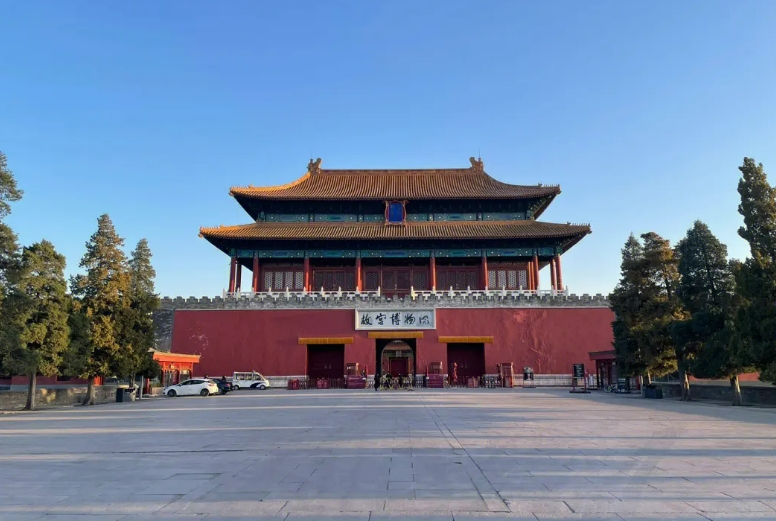
The Gilded Cage: Why Emperors Rarely Left the Forbidden City
The life of an emperor in Imperial China might seem glamorous, filled with unimaginable power and luxury. However, the reality was far more nuanced. "Due to strict observance of traditional conventions of the court, the freedom of the emperor was far less than that of an ordinary man." Confined within the sprawling red walls of the Forbidden City, the emperor's life was tightly controlled by tradition and ritual, making his existence a gilded cage.
Confined by Tradition:
- The Mandate of Heaven: The emperor's legitimacy rested on the "Mandate of Heaven," a divine right to rule based on virtuous conduct and harmony with the cosmos. Leaving the palace could be interpreted as neglecting his sacred duties and jeopardizing this delicate balance.
- Imperial Protocol: Every aspect of the emperor's life, from his daily routine to interactions with officials, was governed by intricate and rigid protocols. These rituals, meant to reinforce his authority and the cosmic order, made spontaneous excursions outside the palace practically impossible.
- Courtly Intrigue: The Forbidden City was a hotbed of political maneuvering and power struggles. The emperor's presence, often symbolic, was crucial for maintaining control and preventing factions from gaining the upper hand. Any absence could be misconstrued or exploited by rivals.
Restrictions Within the Palace Walls:
- Constant Surveillance: The emperor was never truly alone. Eunuchs and palace maids constantly attended to his needs, monitored his actions, and reported any unusual behavior. This constant scrutiny limited his personal freedom and autonomy.
- Limited Social Interaction: While surrounded by thousands, the emperor's social circle was surprisingly small. Interactions were largely restricted to family members, concubines, and high-ranking officials, all bound by strict etiquette and hierarchy. This isolation further restricted his freedom of thought and action.
- Confined to Rituals: The emperor's day was a tightly choreographed performance of rituals and ceremonies. From state affairs to religious rites, his time was rarely his own, leaving little room for personal pursuits or exploration outside the prescribed boundaries.
A Life of Privilege and Imprisonment:
The emperor's life was a paradox – a blend of immense power and stifling restriction. While enjoying unimaginable luxury and authority, he was ultimately a prisoner of his own position. "As long as the emperor stayed within the court, he was restricted in every way by tradition." His movements, decisions, and even thoughts were shaped by the weight of tradition and the expectations of his role, leaving him longing for a freedom he could never truly experience.
Q&A
1. Were there any exceptions to emperors being confined to the Forbidden City?
While rare, there were exceptions. Emperors occasionally ventured outside the palace walls for important ceremonies, military campaigns, or pilgrimages to significant religious sites. However, these journeys were meticulously planned and followed strict protocols.
2. Did any emperor attempt to break free from these restrictions?
History records a few instances of emperors attempting to assert their independence or experience life outside the palace walls, often in disguise. These attempts were usually met with resistance from officials fearing for the emperor's safety and the stability of the empire.
3. How did this confinement affect the emperors psychologically?
The isolation and restrictions placed upon emperors often led to feelings of loneliness, frustration, and even paranoia. Some rulers sought solace in art, poetry, or spiritual pursuits, while others succumbed to the temptations of power and indulged in excesses that further distanced them from reality.